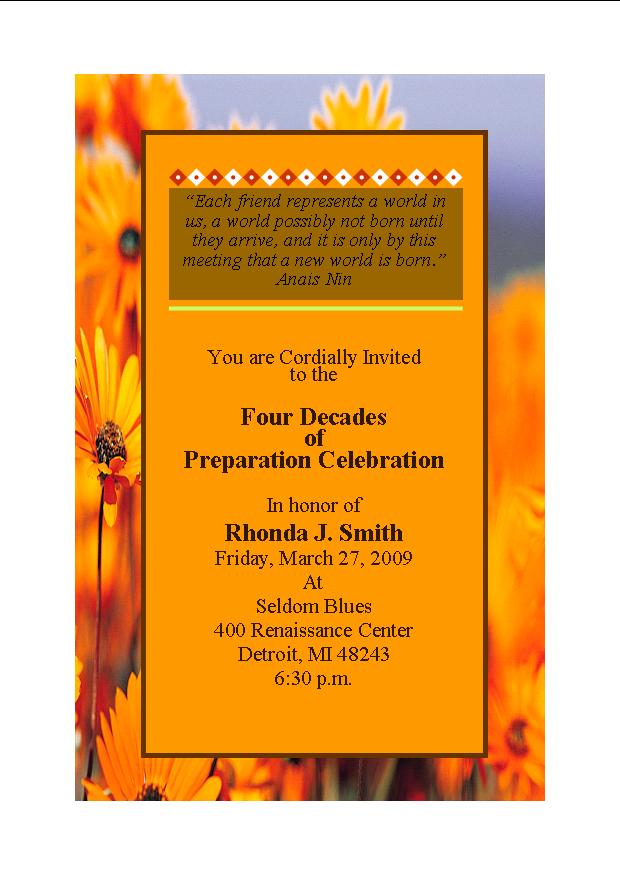Saturday was a true display for me of black Christian women who find their strength in the Lord. This was during the prayer luncheon of Ebenezer AME Church in Detroit, where my sister, the Rev. Sharon D. Moore, is the assistant pastor. The prayer luncheon was one of the first events leading to Ebenezer’s women’s month, whose theme is “Pursuing His Presence.” The standout prayer for me was by Dr. Valerie Abbott, general practitioner and pediatrician.
Before she prayed, Dr. Abbott told the women not to rely on doctors and nurses but on God because it is He who uses them as instruments of His healing. Her prayer went on to ask God for healing in the lives of women with various health issues and was a great foundation for the keynote speaker, the Rev. Dr. Velva Burley, minister of community relations at Third New Hope Baptist Church in Detroit.

Rev. Burley seemed to epitomize the woman I have been challenging us to be: one whose priorities and strength come from God, and she challenged us to be the same. In her introduction, Rev. Moore told how Rev. Burley felt compelled to and did cancel a speaking engagement to be with her young son on an out of town sports championship trip; when she made the speaking commitment, her son hadn’t yet had his engagement. Though she had given the name of a replacement, the group didn’t understand why she cancelled. But this was the sacrifice of this single mother, who raised her son while completing seminary; it took her eight years because of her son being her priority. She was able to succeed because of God’s strength.
So she challenged us to remember that God has called us to be His witnesses and that we have resurrection power inside of us to be able to proclaim His mighty works (Acts 1:8). The same power that raised Jesus Christ from the dead is the same power that each believer in Jesus Christ has and that is the Holy Spirit. As I reflect on what our priorities should be and how we can accomplish those priorities (which should be God-given), I am assured that what I set my mind on will be accomplished if I put my faith and trust in Him: “A man’s heart deviseth his way: but the LORD directeth his steps” (Proverbs 16:9).
Copyright 2009 by Rhonda J. Smith

